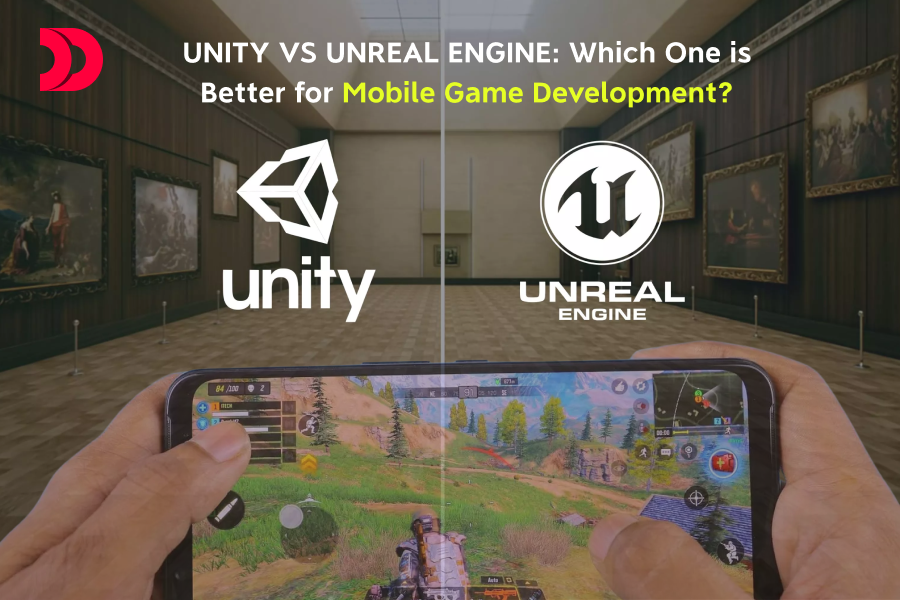Education apps are transforming how Australians learn, offering flexible, accessible, and engaging platforms for students, educators, and institutions. Building an education app in Australia requires careful planning, an understanding of the local market, and a clear vision of the app’s features and costs. This guide explores the key steps, features, and cost estimates for developing an education app tailored to the Australian market.
Why Build an Education App in Australia?
Australia’s education sector is thriving, with a strong emphasis on digital learning. The rise of e-learning, driven by technological advancements and the need for remote education, has created significant opportunities for app developers. Key reasons to build an education app include:
- Growing Demand: The Australian e-learning market is projected to grow steadily, fueled by demand for online courses and upskilling platforms.
- Diverse Audience: From K-12 students to university learners and professionals, education apps can cater to varied demographics.
- Government Support: Initiatives like the Australian Curriculum and digital education grants encourage tech integration in education.
- Global Reach: Australian education apps can tap into international markets, especially in the Asia-Pacific region.
Key Features of an Education App
The success of an education app depends on its functionality and user experience. Here are essential features to consider:
1. User Profiles and Authentication
- Secure login/signup with email, social media, or single sign-on (SSO).
- Role-based access for students, teachers, and administrators.
- Personalized dashboards to track progress and preferences.
2. Course Content and Delivery
- Interactive content like videos, quizzes, and downloadable resources.
- Support for multiple formats (text, audio, video, AR/VR).
- Offline access for downloaded content.
3. Learning Management System (LMS)
- Course creation and management tools for educators.
- Progress tracking, grades, and certifications.
- Integration with Australian Curriculum standards.
4. Communication Tools
- In-app messaging or discussion forums for student-teacher interaction.
- Live video classes or webinars.
- Push notifications for updates and reminders.
5. Gamification and Engagement
- Badges, leaderboards, and rewards to motivate learners.
- Interactive quizzes and simulations.
- Personalized learning paths based on user performance.
6. Accessibility and Compliance
- Support for diverse learners, including those with disabilities (WCAG compliance).
- Adherence to Australian privacy laws (e.g., APPs, GDPR for international users).
- Multi-language support for Indigenous and international students.
7. Analytics and Reporting
- Real-time analytics for student performance and engagement.
- Reports for educators and institutions.
- Data-driven insights for app improvement.
Development Steps
Building an education app involves several stages:
- Market Research: Analyze competitors (e.g., Moodle, Blackboard) and identify gaps in the Australian market.
- Define Scope: Decide on core features, target audience, and platform (iOS, Android, web).
- Choose Technology Stack:
- Frontend: React Native, Flutter for cross-platform apps.
- Backend: Node.js, Django, or Laravel for scalability.
- Database: PostgreSQL, MongoDB for user and content management.
- Cloud: AWS or Azure for hosting and storage.
- UI/UX Design: Create intuitive, student-friendly interfaces with accessibility in mind.
- Development: Build MVP (Minimum Viable Product) with core features, then iterate based on feedback.
- Testing: Conduct usability, performance, and security testing to ensure reliability.
- Launch and Maintenance: Deploy on app stores, monitor performance, and release updates.
Cost Breakdown
The cost of developing an education app in Australia depends on features, complexity, and development rates. Here’s an estimate (in AUD):
- Market Research and Planning: $5,000–$10,000
- UI/UX Design: $10,000–$20,000
- Frontend and Backend Development: $30,000–$80,000 (MVP)
- Advanced Features (e.g., AR/VR, AI): $20,000–$50,000+
- Testing and QA: $5,000–$15,000
- Maintenance and Updates: $10,000–$20,000/year
Total (MVP): $60,000–$150,000
Factors Affecting Costs:
- Team Location: Australian developers charge $80–$150/hour, while offshore teams may charge $30–$60/hour.
- App Complexity: Basic apps cost less than those with AI, gamification, or LMS integration.
- Platforms: Cross-platform development (React Native) is cheaper than native iOS/Android apps.
Challenges and Solutions
- Challenge: Ensuring data privacy and compliance with Australian laws. Solution: Implement encryption, secure APIs, and regular audits.
- Challenge: Engaging diverse learners across age groups. Solution: Use adaptive learning algorithms and gamification.
- Challenge: High development costs. Solution: Start with an MVP and scale features over time.
Conclusion
Building an education app in Australia is a promising venture, given the growing demand for digital learning solutions. By focusing on user-centric features, compliance, and scalability, developers can create impactful apps that cater to students, educators, and institutions. While costs can range from $60,000 to $150,000 for an MVP, strategic planning and phased development can make the process manageable. Start with a clear vision, prioritize essential features, and leverage Australia’s vibrant education ecosystem to launch a successful app.






.svg)

.svg)





.png)













originil.webp)

originil.webp)

